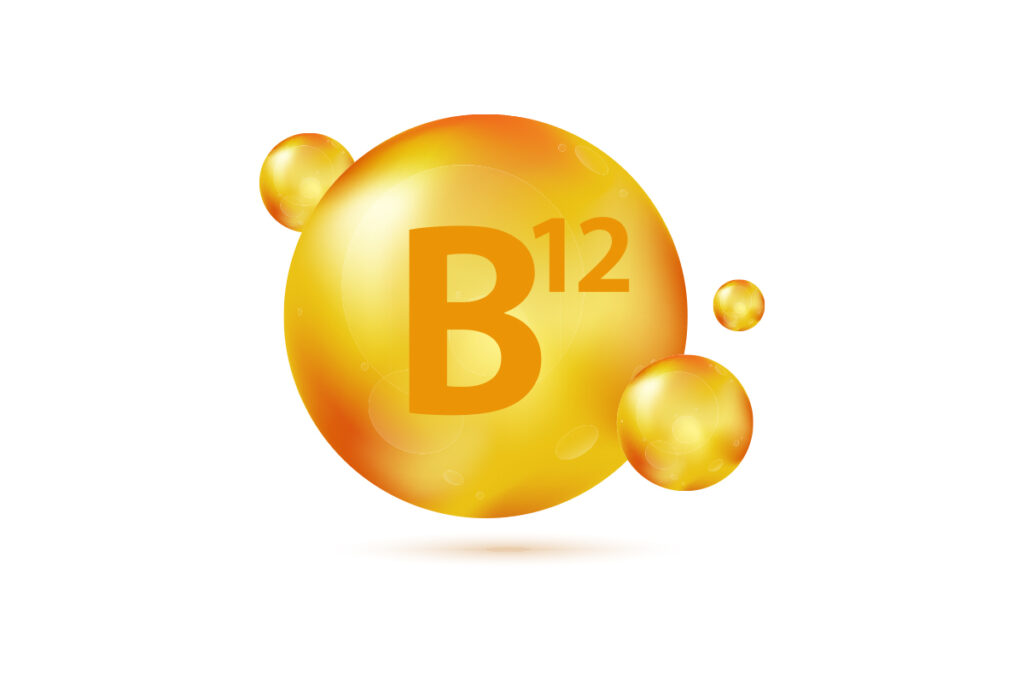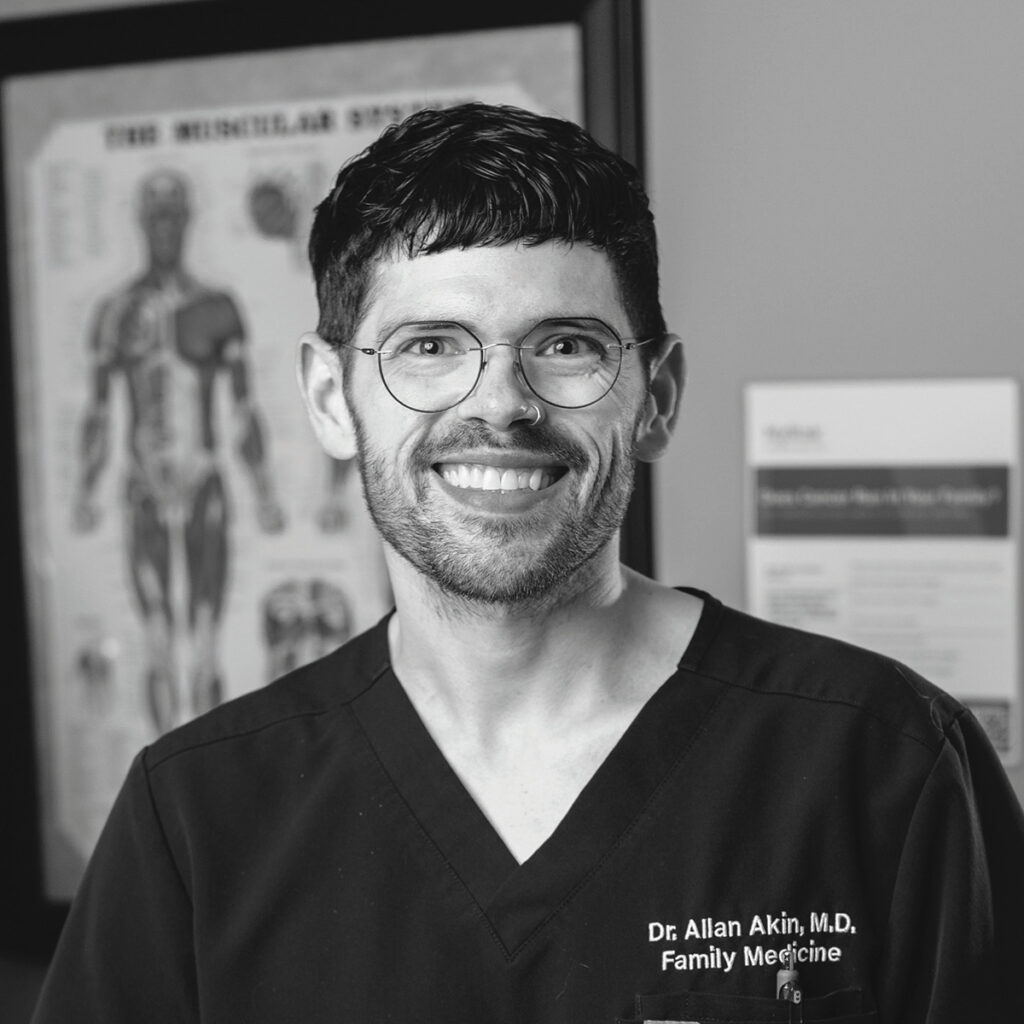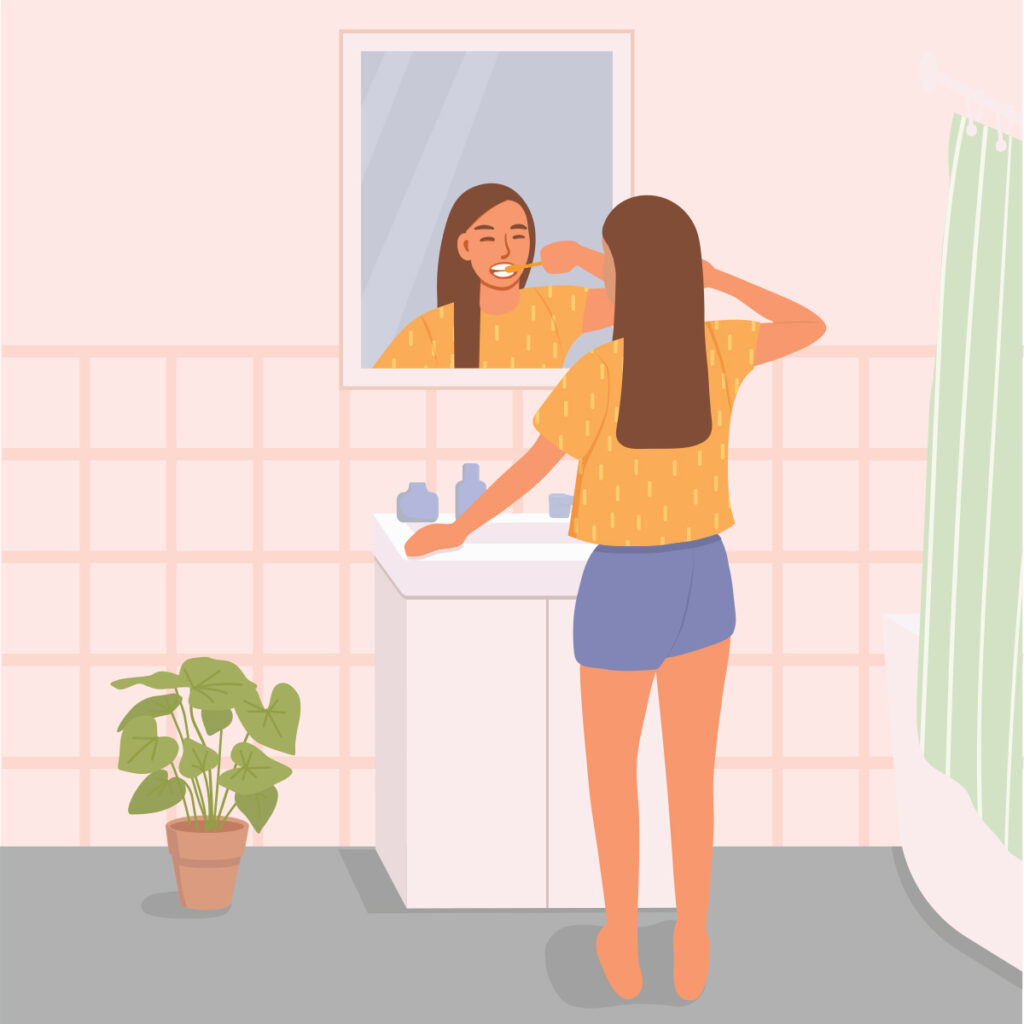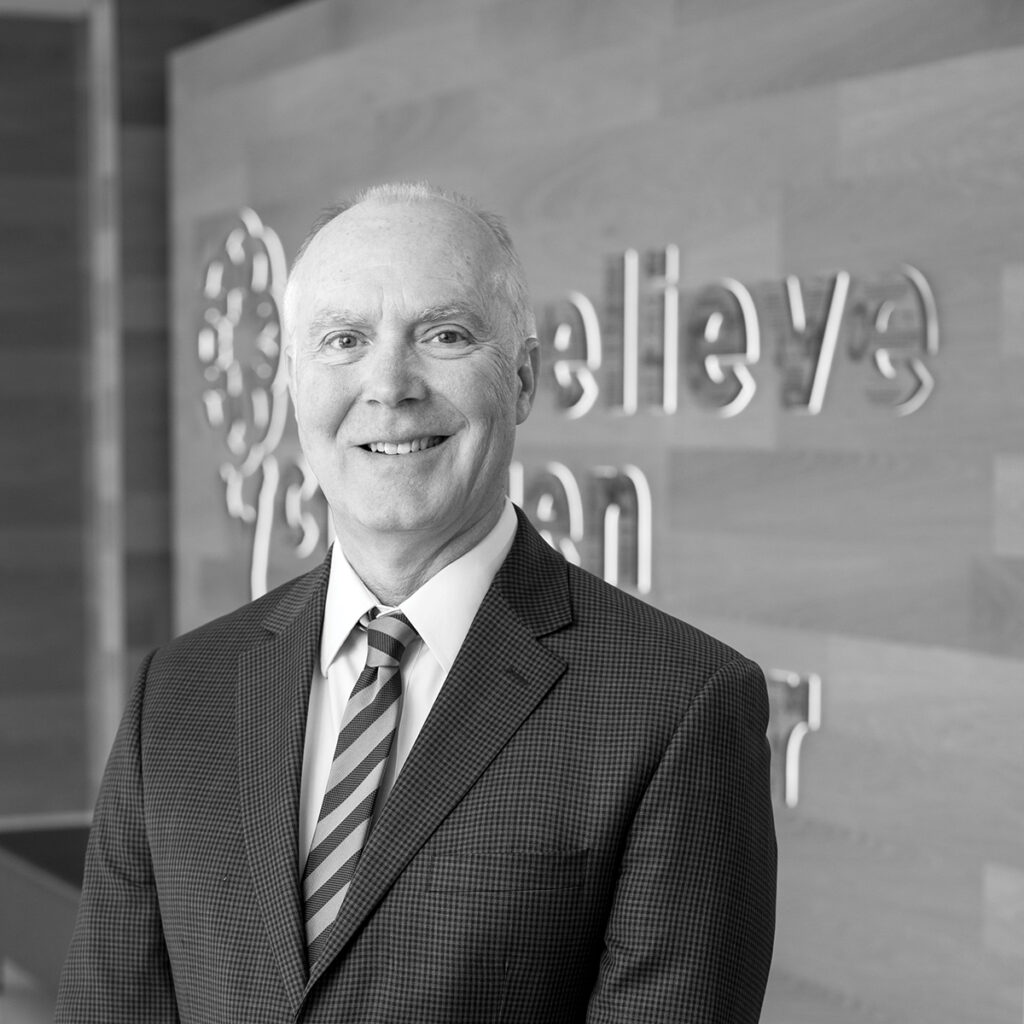By Laura Childers
Thanks to Hollywood and the internet, many of our ideas about Alzheimer’s disease are pretty skewed. Myths and misconceptions abound, which simultaneously muddy the waters and add an extra burden to those living with the disease and their caregivers. But by educating ourselves and joining in the campaign to raise public awareness, we can become part of the solution.
What is Alzheimer’s Disease?
Alzheimer’s disease is an irreversible, progressive brain disorder that slowly destroys memory and thinking skills and, eventually, the ability to carry out the simplest tasks.
Although treatment can help manage symptoms in some people, currently there is no cure for this devastating disease.
The time from diag-nosis to death varies—as little as 3 or 4 years if the person is older than 80 when diagnos-ed to as long as 10 or more years if the person is younger.
Source: National Institute on Aging
1. It doesn’t just affect “older” people.
While it’s true that the percentage of people with Alzheimer’s doubles for each five-year span beyond age 65, it frequently affects people as young as their 30s and 40s. In fact, cases of early-onset Alzheimer’s account for up to 5% of the estimated 5 million Americans living with the disease.
“These cases can be extremely frustrating and difficult to diagnose, because health care providers typically aren’t looking for it in midlife,” says Alisha Landes, regional director of healthcare operations at Independent Healthcare Properties & Morning Pointe Senior Living. “That’s why it’s imperative to speak to a health care professional if you experience memory issues that are interfering with your everyday life.”
2. Its symptoms are often confused with those of normal aging.
Aging comes with a certain degree of memory loss, but it’s crucial to understand the difference between what’s normal and what’s not. Forgetting someone’s name, misplacing an item, or having trouble finding the right word on occasion are one thing. It’s another to forget the name of a loved one, misplace an item over and over again, struggle to make daily decisions, or have difficulty following instructions.
“Thinking it’s ‘normal’ is the number one reason people don’t seek help at the onset of symptoms,” says Landes. “The majority of people don’t seek help until Alzheimer’s disease has interfered with their ability to carry out their daily routine.”
3. It usually takes courage to pursue a diagnosis.
Another reason why adults don’t seek help for Alzheimer’s disease is dread over what they will discover. “Fear of the unknown is a major contributor as to why people don’t seek help when they notice signs,” says Landes. “Sometimes, a patient or a family member would rather remain in denial.”
Sadly, refraining from communication eventually hurts all parties involved. Not only do the person and caregiver go without care and support, but friends and family members remain confused, and the physician is unable to provide the best possible care. “Not disclosing your symptoms or what your loved one is experiencing just delays any support or help that may be available,” says Landes.

4. Early treatment can make a big difference.
“One of the most pervasive myths about Alzheimer’s disease is that nothing can be done, when in fact quite a bit can,” says Dr. Bruce Pendley, medical director of In Good Health and rounding physician at The Terrace at Mountain
Creek. “The most obvious is starting medications, but you can also delay the onset of symptoms through certain brain exercises and even physical exercises.”
Walter Turner, director of nursing at Life Care Center of Collegedale, agrees. “Starting medication early can significantly slow the progress of the disease,” he says. “Plus, the more educated you are about any disease process, the better equipped you are to slow it down.”
Early treatment also allows patients to function independently as long as possible, make key decisions regarding future care, and have more time to settle financial and legal matters. “It gives people a chance to make final decisions for themselves, as opposed to depending on loved ones to know their wishes,” Turner says. “Early diagnosis and treatment helps you help your family make important choices.”
5. Those with Alzheimer’s disease can have a very high quality of life.
“A common myth among caregivers is that, ‘Now that my loved one is diagnosed with Alzheimer’s, there is no quality of life left for them.’ This couldn’t be more untrue,” Landes says. “Through obtaining the appropriate education and support, every day can be managed in a way that makes their loved one feel happy and safe.”
Turner also warns friends and family against jumping to conclusions. Assuming someone diagnosed with Alzheimer’s will suffer immediate decline often leads people to “drop” a relationship – which can be very harmful to the person diagnosed.
“Alzheimer’s disease isn’t quick. It can be a very slow and long process, and most people get diagnosed mid-way through the disease process when they can’t do basic tasks but their minds are still mostly there,” Turner says. “While it’s true that in end-stage Alzheimer’s, people can no longer walk or talk, that in itself can take months and even years. It’s not a quick thing.”

6. An unhealthy lifestyle can increase your risk.
“People sometimes think that they have no control over getting Alzheimer’s disease or think that it’s inevitable because it runs in their family,” says Dr. Pendley. “That’s when I play devil’s advocate by telling them what they can do to try and get it faster: smoke, gain weight, be sedentary, don’t have an active social life, and don’t take vitamins. In other words, don’t be healthy.”
Bottom line? Overall health includes brain health too. A healthy lifestyle is no safeguard against Alzheimer’s, but it certainly can’t hurt either.
“The unhealthy behaviors we typically associate with a higher risk of heart attack and stroke also put you at risk for Alzheimer’s,” Dr. Pendley says. “So stay physically fit, mentally active, and avoid smoking, excess alcohol, and brain trauma. All of these can increase decline.”
7. Family and friends often don’t understand.
If you or someone you’re caring for has Alzheimer’s, your family and friends may not understand what you are going through. As much as you can, be open and honest about the condition, regardless of whether they “get it” or not.
“Being open and honest about Alzheimer’s disease is the only way to fight its stigma and help people understand,” says Turner. “So, for example, instead of making excuses for your loved one’s slip of the tongue, consider explaining what’s going on.”
It’s important that a caregiver communicates the facts. If you feel alone, seek the support of others to back you up. “A common phenomenon is for family members or friends to be very critical of the primary caregiver,” says Dr. Pendley. “Siblings who don’t understand Alzheimer’s or the natural course of the disease may take a peek at the situation and falsely accuse the caregiver of being responsible for the decline.”
In situations like these, it can be helpful to have a physician or educator speak on your behalf. “I often explain to people that their sister or brother is doing a five-man job, and that it can be a daunting responsibility when they feel isolated,” says Dr. Pendley.
Above all: keep your head up. Your voice can be one of the most powerful of all in combatting the stigma.
8. It can be tempting for patients and caregivers to withdraw.
When family and friends don’t understand what those with Alzheimer’s and their caregivers are going through, it can easily lead those patients and caregivers to pull back from their relationships. Resist this urge – and encourage your loved ones to do the same. Ironically, this is the moment where it’s most important to stay engaged.
“If those with Alzheimer’s disease can stay socially active and continue to be productive and engage with others, 1) their symptoms won’t be as noticeable, and 2) their loved ones will have an easier time understanding what’s going on,” Turner says. “By all means, don’t hide if you have Alzheimer’s disease. Hiding won’t help your loved ones know your situation or be able to help.”
Dr. Pendley adds that, far too often, people don’t tell anyone at all. “They think, ‘If people know, they will make me move out of my house or take my driver’s license away,’ or, ‘If they know, they won’t want to take me anywhere or invite me to things.’”
Rather than withdrawing in these situations, explain the dynamic and make your wishes known. “If the people who are close to you and in your family are aware, they won’t just think you’re being stubborn when you start having more serious episodes of forgetfulness,” says Dr. Pendley.
It can also be helpful to bring your friends and family to your appointments. “If you are going to a physician who is treating it, bring others with you so that they can ask questions in front of you and have answers,” says Dr. Pendley. “So many people can go into helping this – not just the one writing prescriptions.”
9. Support groups can be life-changing.
Ask any Alzheimer’s disease educator and they will tell you: connecting to people, programs, and resources will be your lifeline.
“I strongly recommend forming relationships with others who have been through this or have a thorough understanding,” Turner says. “These people can be the best resources. Science is great, but we only know so much. To me, those who have lived it or are still going through it are often best equipped to help.”
“Getting involved in a support group is one of the best things anyone can do,” says Dr. Pendley. “When you discover there are 15 other people asking the same questions you have or are too afraid to ask, it can be a game changer.”
Want to learn more?
If you or a loved one has been diagnosed with Alzheimer’s disease, don’t think your hands are tied. Empower yourself by learning about the disease, understanding treatment options, and seeking professional advice or care.
If you feel lost, start by taking advantage of the wide-ranging resources available online. Organizations like the National Institute for Aging (www.nia.nih.gov/alzheimers) and the Alzheimer’s Association (www.alz.org) offer extensive information and tools for patients, caregivers and healthcare providers.
Most importantly, don’t lose hope. As you prepare for whatever the future may bring, know that it still holds promise for a cure.
September 2015 marks the fourth global World Alzheimer’s Month, an international campaign to raise awareness and challenge stigma.
Alzheimer’s disease is often hidden away, not spoken about, or ignored at a time when the person living with the disease and their family caregivers are most in need of support within their families, friendship groups and communities.
The social stigma is the consequence of a lack of knowledge about Alzheimer’s disease and it can have numerous long- and short-term effects, including:dehumanization of the person with dementia strain within families and friendshipsa lack of sufficient care for people with dementia and their caregiversa lower rate of diagnosis of dementiadelayed diagnosis and support
To learn more and help spread the word about World Alzheimer’s Month, visit worldalzmonth.com.






